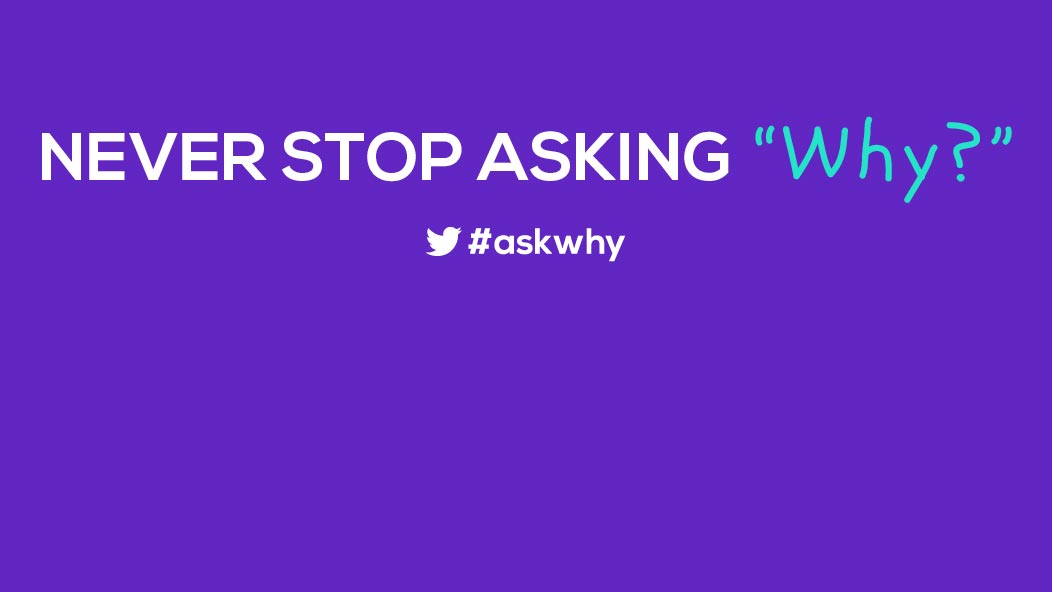
Have you ever been outside with your friends on a cold winter day, getting a kick out of seeing everyone’s breath each time they spoke? We thought so! Want to know why this happens?
Our friends over at Wonderopolis help to explain why we can see our breath when it’s cold—and why we can’t when it’s warm.
Breathe in oxygen, Breathe out…water vapor
You probably already know that when you breathe in (inhale), your body takes in oxygen from the air. And when you breathe out (exhale), your lungs put carbon dioxide back into the air.
However, the breath you exhale doesn’t only contain carbon dioxide. It also contains moisture from your mouth and lungs. This moisture is in the form of water vapor, the gas form of water.
Water vapor and cold air
For water to remain in its gas form (water vapor), it needs a certain amount of energy to keep its molecules moving. The environment inside of your lungs is warm, providing the energy needed for water to stay in its gas form.
However, when you step outside into cold temperatures and exhale, the cold air around you doesn’t give off enough energy to keep the water molecules moving around, and they end up packing themselves close together. This causes the moisture in your breath to condense (change into either liquid or solid forms of water), forming a little cloud in the air.
How cold does it need to be to see your breath?
There isn’t an exact temperature at which condensation occurs, as there are other factors in the environment that are involved (like humidity). However, you’ll usually be able to see your breath when it gets to 45 degrees Fahrenheit and below.
Why can't you see your breath when it's warm?
You don’t see your breath when the air is warm because warm air (like the air in your lungs) provides the energy the water molecules need to keep moving and remain in its invisible gas form - water vapor.
Next time it’s 45 degrees Fahrenheit or below, be sure to head outside and have fun seeing the white cloud of your breath appear right in front of you! During these cold winter months, you should have plenty of opportunities to do so!









